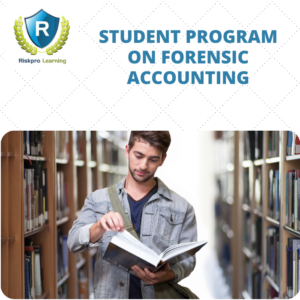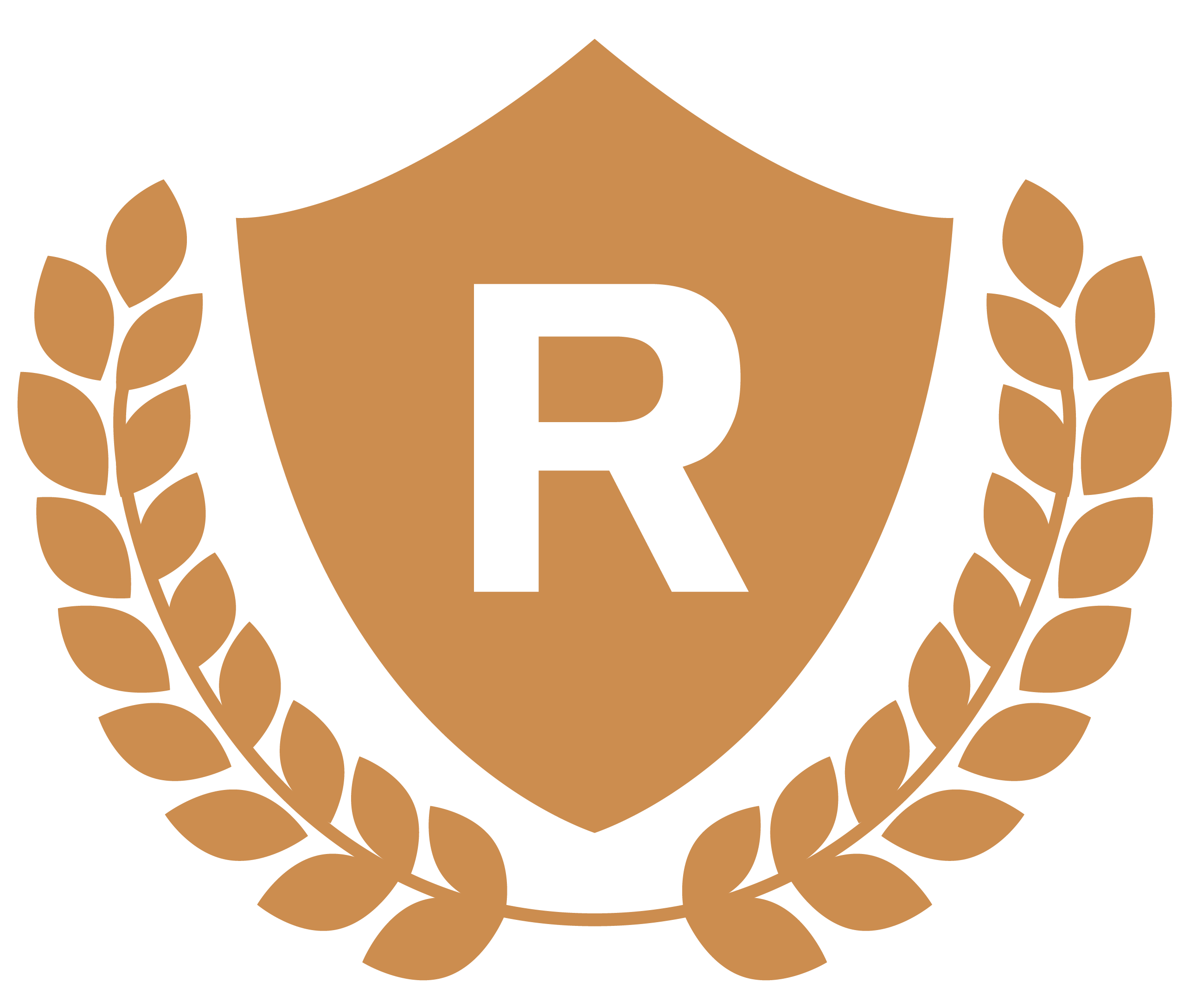 Certification Forensic Accounting and Fraud Detection is a global forensic accounting certification program offered by Riskpro Learning. This certification program is created for global students who are willing to take up a career in forensic accounting.
Certification Forensic Accounting and Fraud Detection is a global forensic accounting certification program offered by Riskpro Learning. This certification program is created for global students who are willing to take up a career in forensic accounting.
Global Certification is a certification designed for international accounting aspirants who are not yet ready to take up the CFAP program. This global certification would add value and gain knowledge for the new aspirants. Above all this is a global forensic accounting program that is helpful for the entry-level staff willing to take up fraud detection as a career option.
Significantly, this certification is offered by Riskpro Learning, which is one of the first institutes of certified forensic accountants. It is one of the leading companies in the forensic, risk and alliance.
Global Forensic Accounting Certification
Litigation Support and Investigative accounting are the two pillars of forensic accounting. Fraud examination is just a small subset of the work done by investigative accountants. International forensic accountants are involved in the investigations of cross-border transactions. Unlike other forensic accounting certifications, it is not necessary to be a chartered accountant or a certified public accountant. It is open for to graduate students of commerce, finance and accounting faculties. It is necessary to have an interest in developing investigation skills to be a forensic accountant.
Not to mention but cross border investigations are complicated. It requires forensic accountants to understand the local laws, in addition to the understanding of the concepts taught in the course. Equally, they work on huge amounts of data to investigate fraud. Data analysis is becoming an important tool in the battle against fraud.
Globally, forensic accountants are invited to present as expert witnesses in the international court of law. Another key point is that they analyse the financial records and gather the information that is required to be presented in a court of law.
Highlights:
- Engaging video content tailored for engineering students, connecting the dots between technology and financial security.
- Gripping case studies provide a bridge between theoretical knowledge and real-world engineering applications.
- Exploration of laws and regulations related to forensic accounting, with a focus on their relevance in the engineering sector.
- Hands-on experience with tools like Benford’s law and Excel, showcasing their applicability in engineering projects.
- Emphasis on practical application through the analysis of fraud prevention strategies, internal controls, and systems security audits in engineering contexts.
- An insightful exploration of organizations actively combating fraud, showcasing the importance of technological advancements in ensuring financial security.
Objectives:
- Develop a foundational understanding of financial accounting to appreciate its relevance in engineering and business contexts.
- Explore the fascinating world of forensic accounting and fraud prevention tailored for engineering students.
- Analyze gripping real-world case studies of financial frauds, connecting theoretical knowledge to practical applications.
- Gain insights into the legal framework surrounding forensic accounting, both in India and on a global scale.
- Acquire hands-on skills with tools and techniques used by forensic accountants for fraud detection.
- Understand the importance of effective internal controls and systems security audits in engineering and technology-driven environments.
- Explore organizations combating fraud globally, emphasising the intersection of technology and financial security.
Outcome:
By the end of this course, engineering students will:
- Develop a solid understanding of financial accounting, applicable to engineering projects and business collaborations.
- Apply forensic accounting principles to engineering scenarios for effective fraud prevention and detection.
- Evaluate real-world case studies of financial frauds, linking theoretical concepts to engineering practices.
- Comprehend the legal aspects of forensic accounting, recognizing their significance in engineering projects globally.
- Gain practical skills in utilizing forensic accounting tools and techniques relevant to engineering applications.
- Recognize the role of effective internal controls and systems security audits in engineering and technology-driven environments.
- Appreciate the global efforts of organizations combating fraud, emphasizing the intersection of technology and financial security.
Forensic Accounting Examination
The following are the points to appear for the examination:
- The aspirants are required to register
- The examination is conducted through online mode
- No negative marking criteria
- The minimum passing marks for the same is 75%
Certification Benefits
- It offers an exhaustive content available for the students.
- Thorough knowledge of forensic accounting and Fraud
What would this certification program bring to your career?
- The aspirants would earn the career credentials
- Awareness of industry practices, problems, and solutions that are taking place at large.
- Aspirants would benefit by getting a clear understanding of the day-to-day responsibilities of professionals
Enrollment Process:
Our course follows a cohort-based system, organized in batches. Two days before the start of each batch, all enrolled participants will receive access to the course. This ensures a synchronized learning experience for everyone.
Enrollment:
-
- Students enrol in the course through the university’s enrollment system.
Confirmation Email:
-
- Upon successful enrollment, students receive a confirmation email.
Cohort Assignment:
-
- Students are grouped into cohorts based on their enrollment date.
Notification (27th of each month):
-
- Three days before the start of each month, enrolled participants receive a notification about their upcoming access to the course.
Access Details (30th of each month):
-
- On the 30th of each month, participants receive their login credentials and access details.
Course Start (1st of each month):
-
- On the 1st day of each month, the cohorts gain access to the course content.
Assessments and Feedback:
-
- Completion of assessments with timely feedback.
Completion:
-
- Successful participants receive recognition at the end of each month.
Next Cohort Enrollment (Throughout the Month):
-
- Throughout the month, new students can enrol for the next cohort starting on the 1st of the following month.
